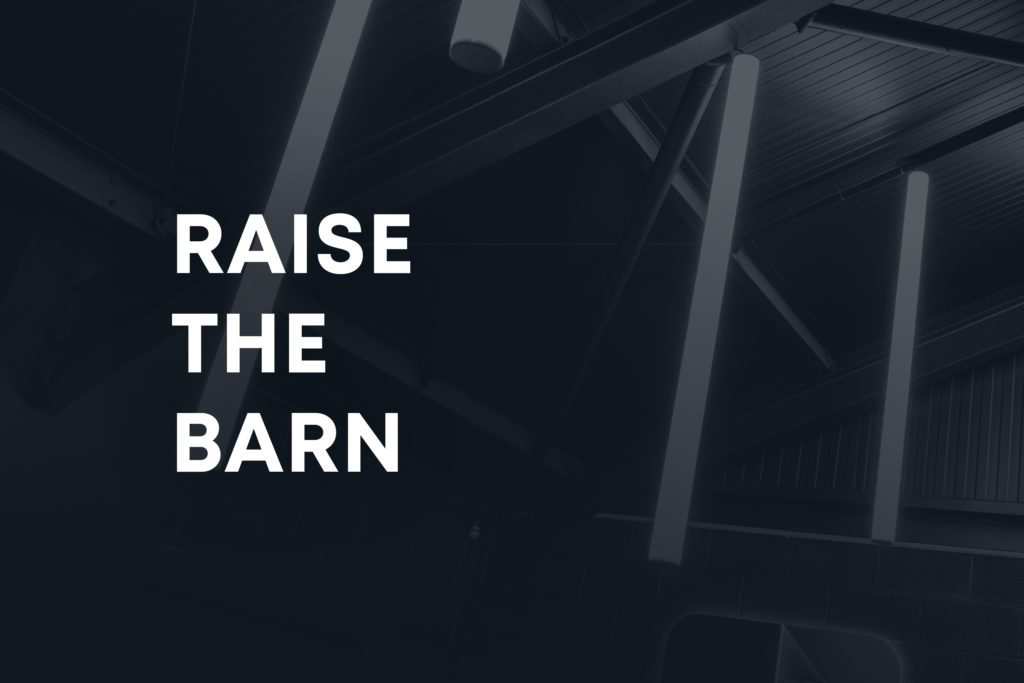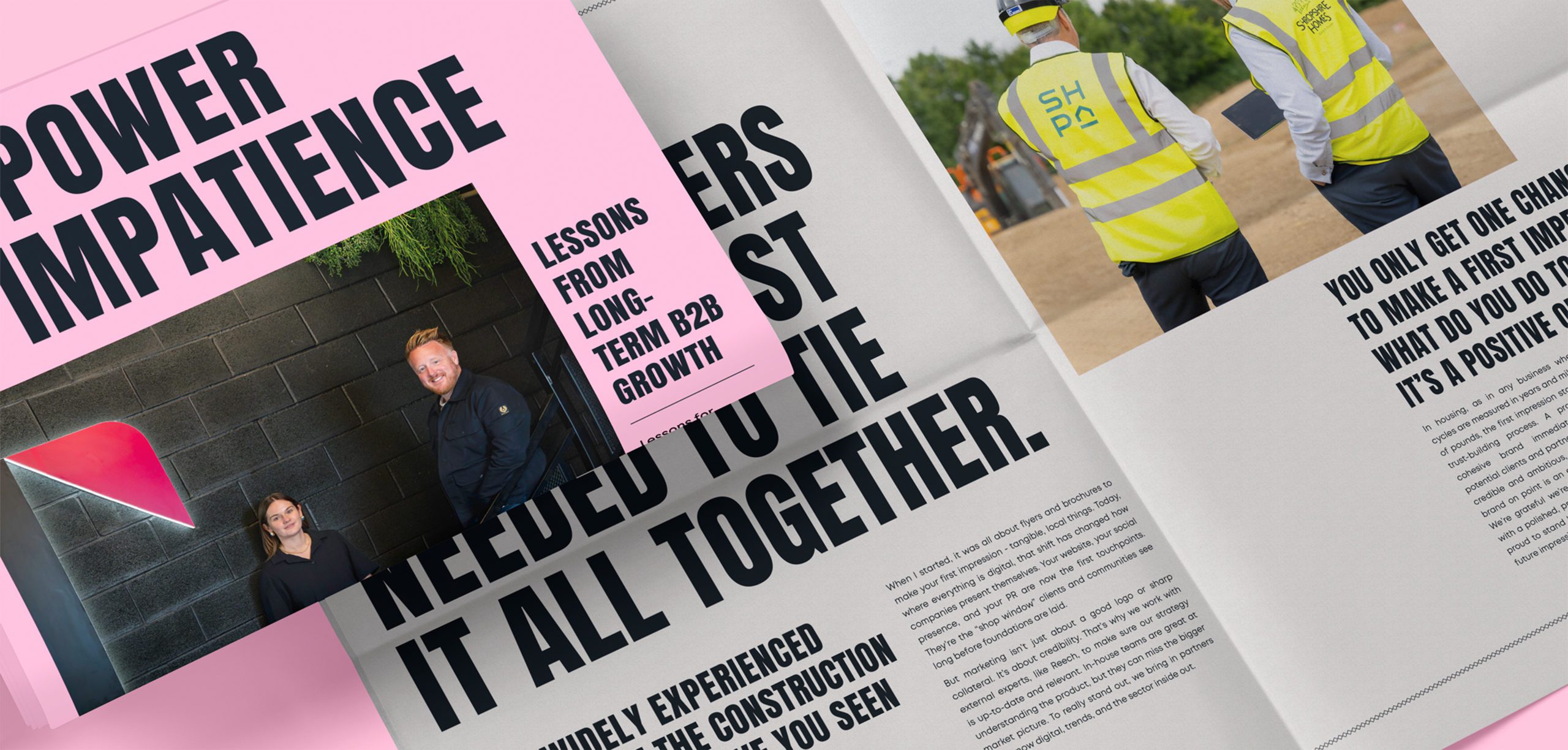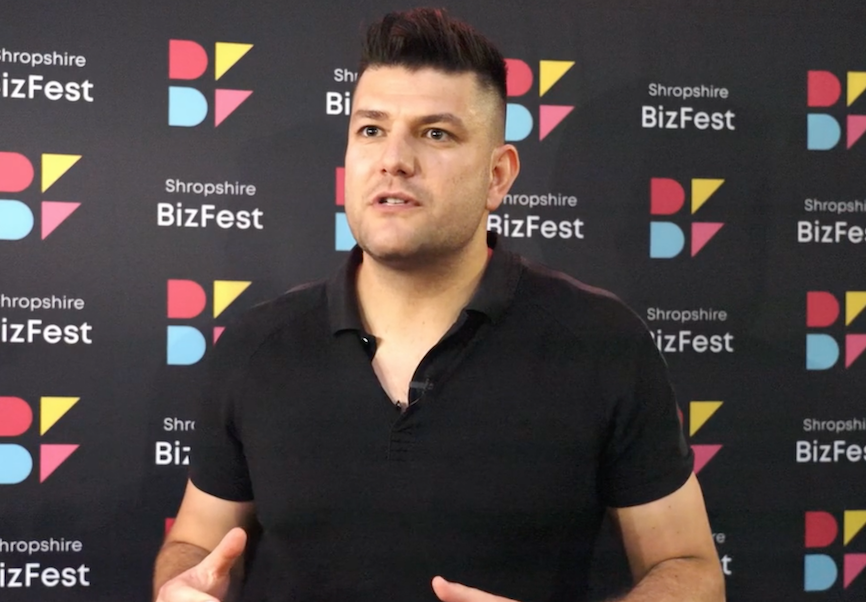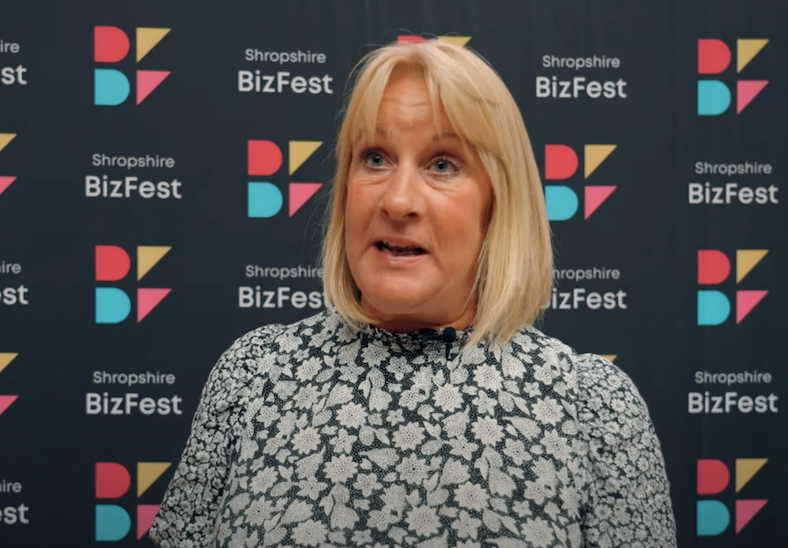latest
Featured insights

8th Dec 2025
2026 Marketing Trends: The Top Digital Marketing Trends to Watch
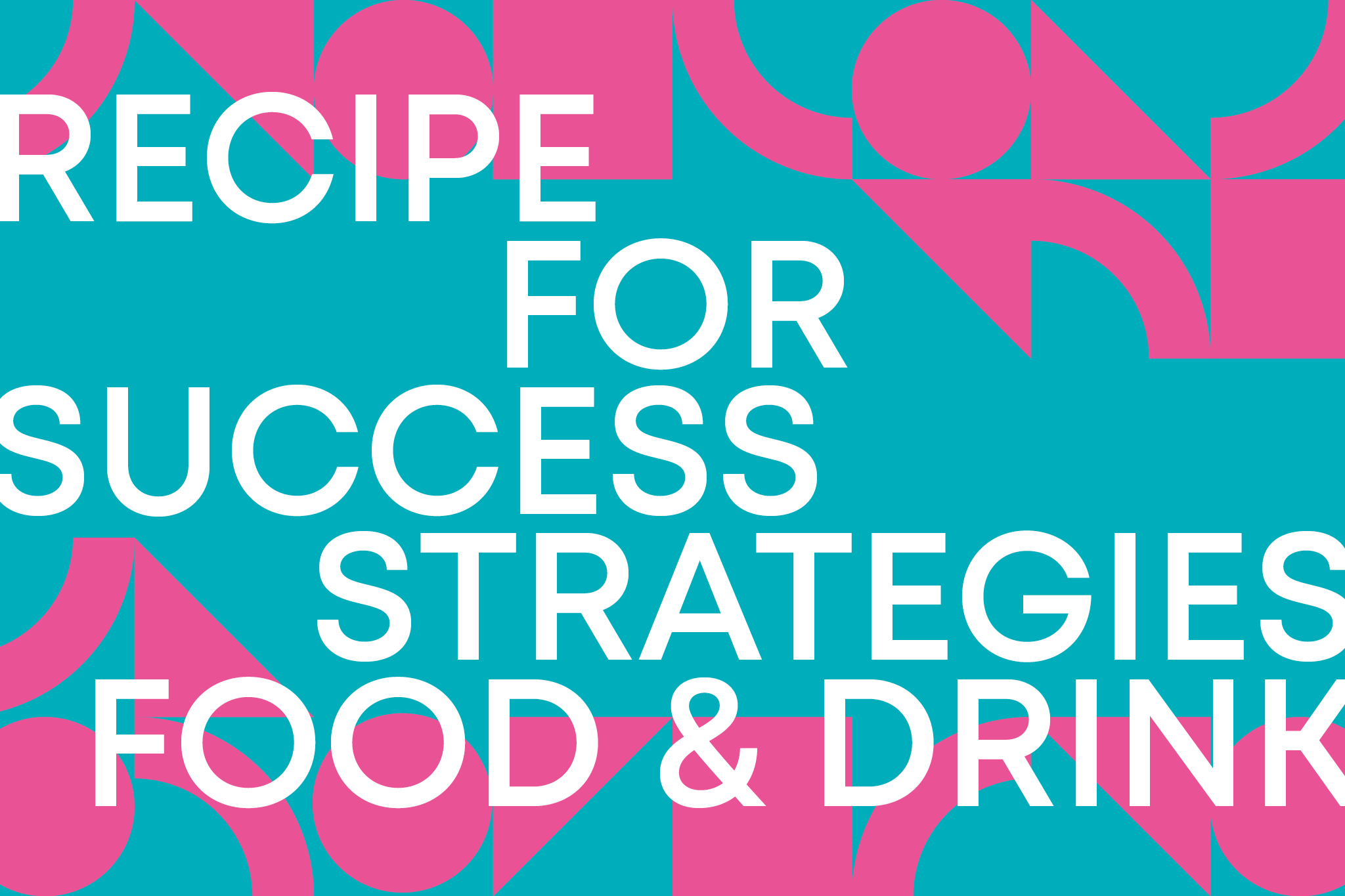
1st Dec 2025
The Recipe for Success: Branding and Marketing Strategies for Food & Drink Businesses
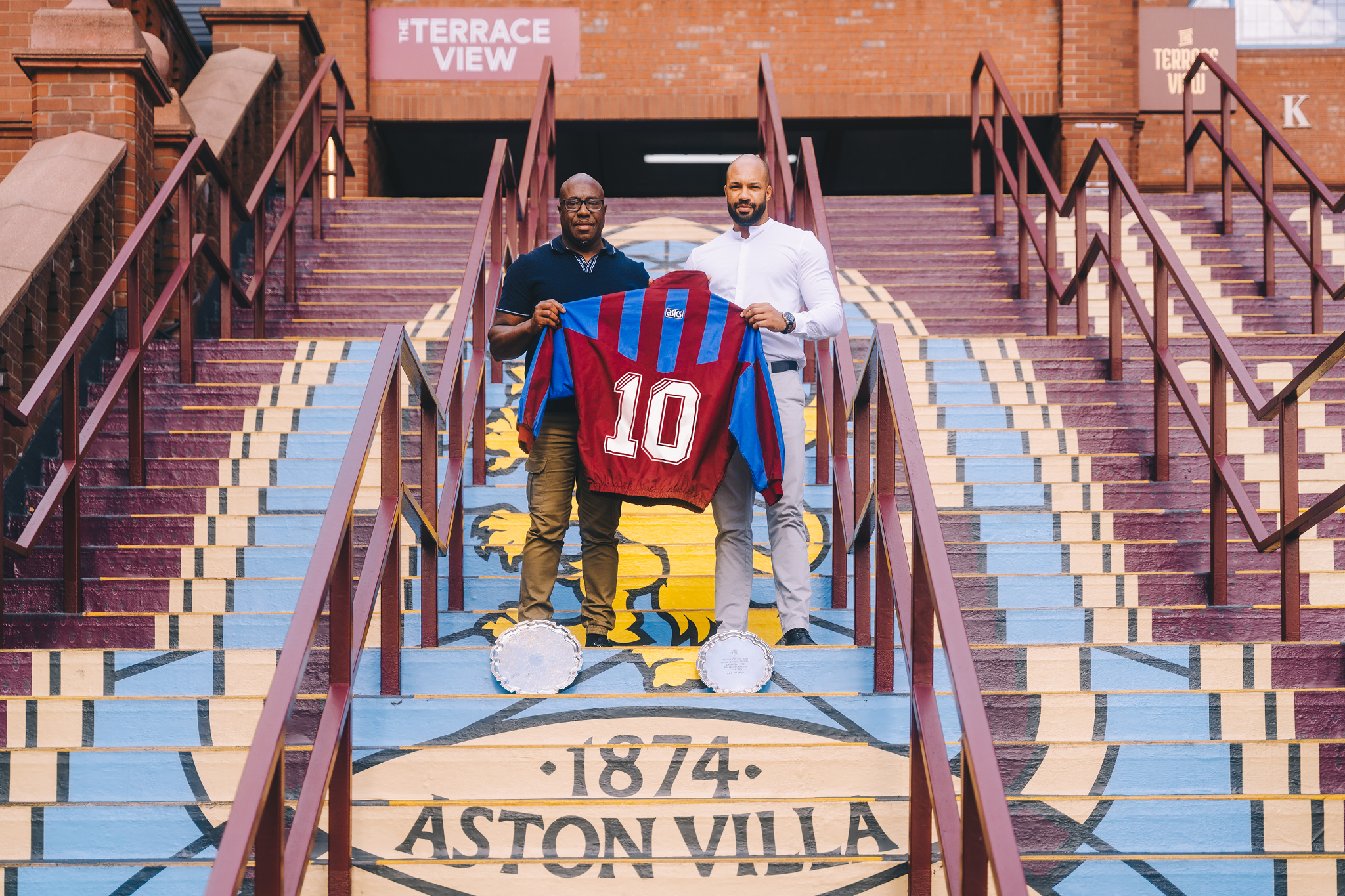
27th Nov 2025
Supporting Shropshire Community Foundation. Media and Content for Dalian Atkinson Medal Challenge

19th Nov 2025
